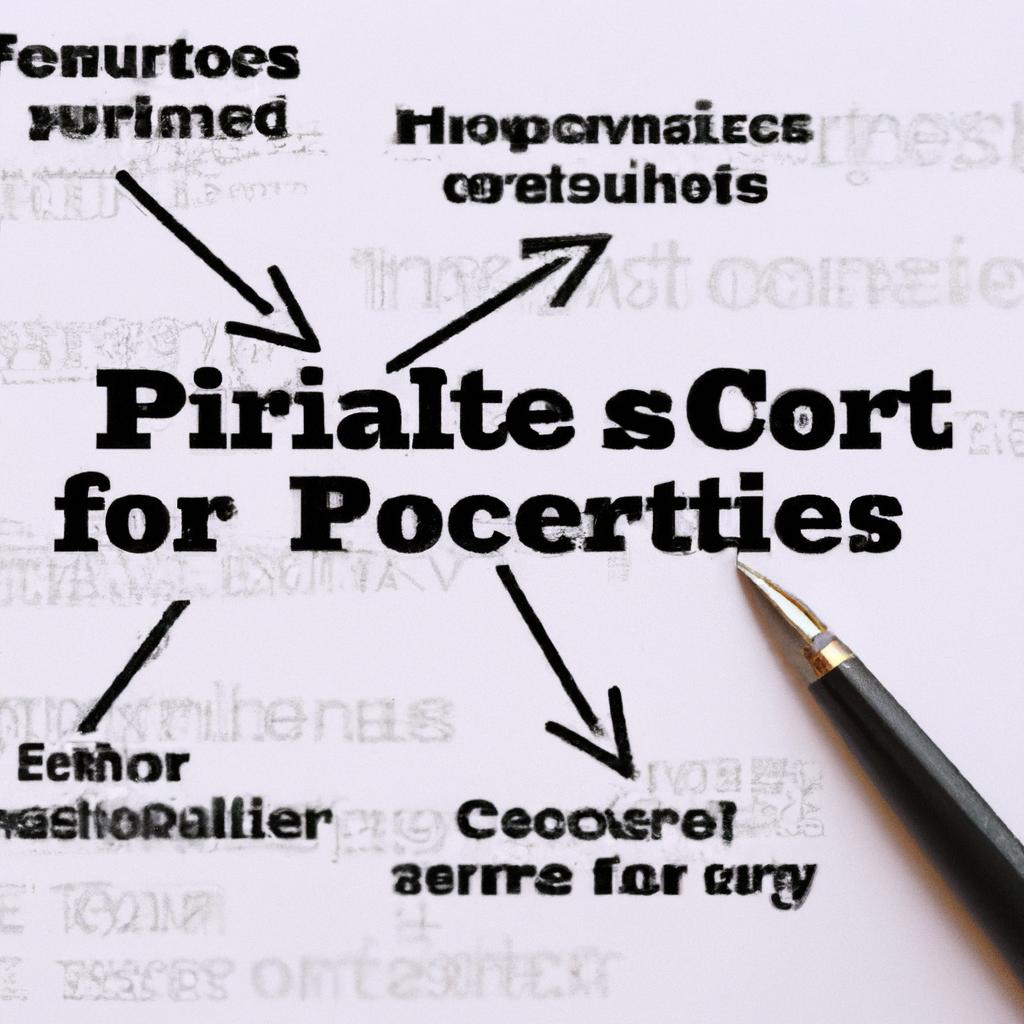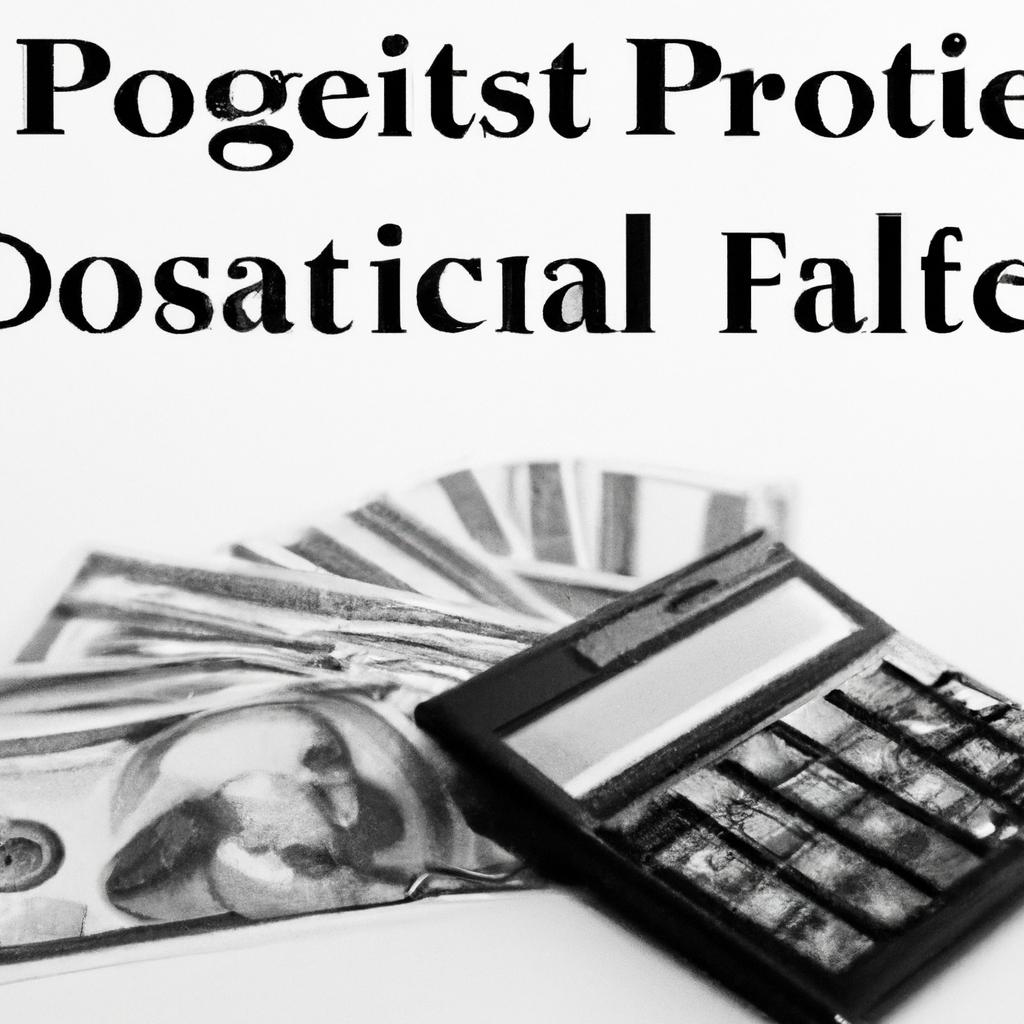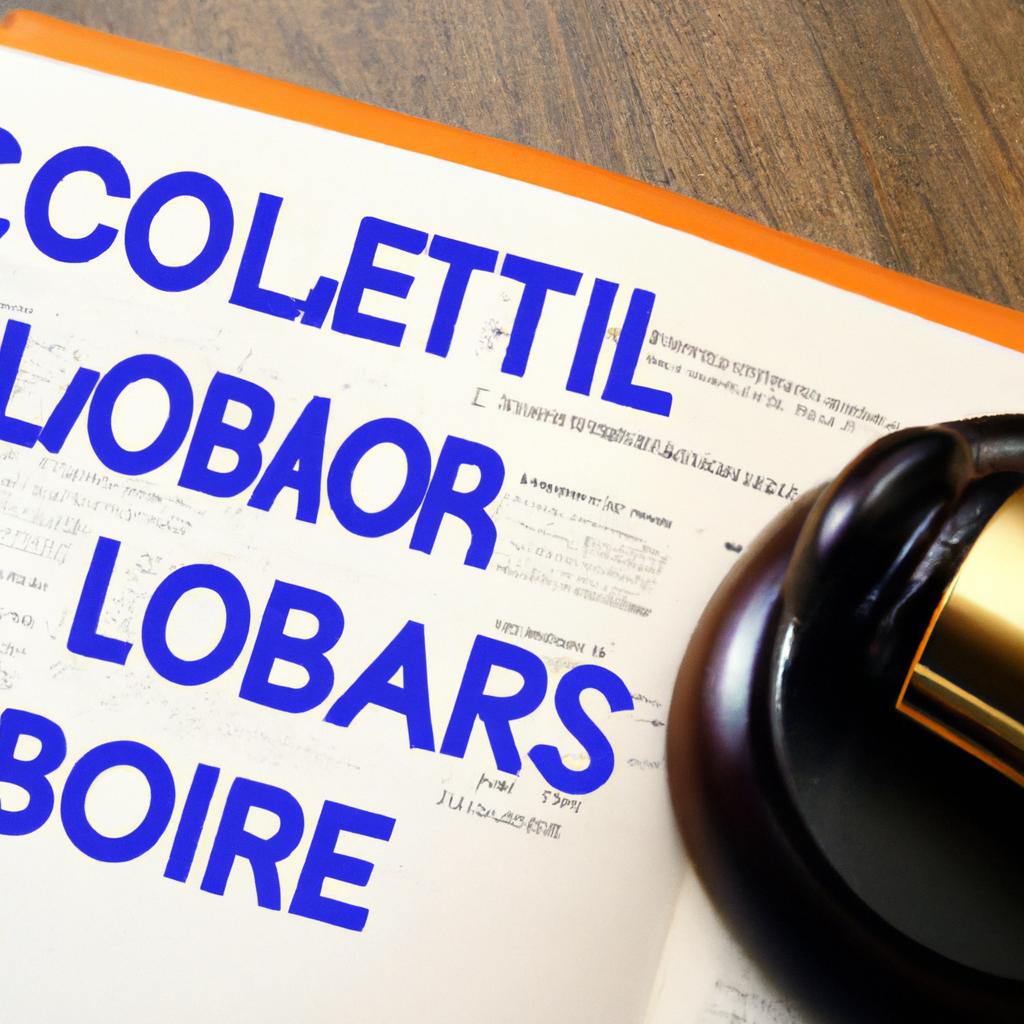Navigating the complex waters of probate court can be a daunting experience for anyone. With various fees and costs involved, it is crucial to understand the financial implications of this legal process. In this article, we will delve into the question that many individuals face: How much does probate court actually cost? As experienced attorneys at Morgan Legal Group in New York City, specializing in estate planning, probate, and trusts, we aim to provide clarity on this often misunderstood aspect of the legal system.
Understanding the Typical Fees Associated with Probate Court
When navigating the probate process, it is important to understand the typical fees associated with probate court. These fees can vary depending on the complexity of the estate and the services required. It is essential to be prepared for these expenses to ensure a smooth and efficient probate process.
Some of the typical fees associated with probate court include:
- Court Filing Fees: These fees are required to file necessary documents with the probate court.
- Attorney Fees: Hiring an experienced probate attorney can help navigate the complex legal process, but it comes with a cost.
- Executor Fees: The executor of the estate may be entitled to a fee for their services.

Factors Influencing the Cost of Probate Court Proceedings
One key factor influencing the cost of probate court proceedings is the complexity of the estate in question. Estates that involve a large number of assets, multiple beneficiaries, or contentious disagreements among family members can significantly increase legal fees and court costs. In such cases, additional time and resources may be required to navigate through the probate process smoothly, leading to higher overall expenses. Additionally, if the deceased did not leave a clear and comprehensive estate plan, the probate process may become more complicated, requiring more time and legal expertise, ultimately driving up costs.
Another important factor impacting the cost of probate court proceedings is the location where the estate is being administered. Different states have varying probate laws and fee structures, which can affect the overall expenses associated with probate. For example, some states have statutory fees based on the value of the estate, while others calculate fees based on a percentage of the assets. Understanding the specific probate laws and regulations in the jurisdiction where the estate is being administered is crucial in determining the potential costs involved. Additionally, local court filing fees, publication costs, and attorney fees can vary widely depending on the location, further influencing the overall cost of probate court proceedings.
Strategies to Minimize Probate Court Expenses
If you are wondering how much probate court costs can add up to, it is important to consider various strategies to minimize these expenses. One effective approach is to create a living trust, which allows your assets to bypass probate court entirely. By transferring your assets into a trust, you can ensure that your loved ones receive their inheritance without the burden of costly court fees.
Another useful strategy is to designate beneficiaries on your financial accounts, retirement plans, and life insurance policies. By naming specific individuals to receive these assets upon your passing, you can avoid probate court altogether. Additionally, consulting with an experienced estate planning attorney can help you navigate the complexities of probate court and find the most cost-effective solutions for your unique situation.

Seeking Legal Guidance to Navigate Probate Court Costs
How Much Does Probate Court Cost
When navigating probate court costs, it is essential to seek legal guidance from experienced attorneys who specialize in estate planning and probate law. Understanding the expenses involved in probate court can help you make informed decisions and protect your assets and loved ones. Here are some key factors to consider when calculating probate court costs:
- Court Fees: Probate court fees vary depending on the state and the size of the estate. These fees usually cover filing and administrative costs.
- Attorney Fees: Hiring an attorney to guide you through the probate process is essential. Attorney fees can vary based on the complexity of the case and the attorney’s experience.
- Executor Fees: If you appoint an executor to handle the estate, they may be entitled to compensation for their time and efforts.
| Probate Court Cost Breakdown | |
| Court Fees | $500 |
| Attorney Fees | $2,000-$10,000 |
Q&A
Q: What is probate court?
A: Probate court is the legal process in which a deceased person’s assets are distributed to their heirs and creditors.
Q: How much does probate court cost?
A: The cost of probate court can vary depending on the size of the estate and the complexity of the process. It typically includes court fees, attorney fees, and other administrative costs.
Q: What are court fees?
A: Court fees are the fees that must be paid to file the necessary paperwork with the probate court. These fees can vary depending on the state and the value of the estate.
Q: Are attorney fees required for probate court?
A: In most cases, yes. An attorney is usually needed to navigate the legal complexities of probate court. Attorney fees can also vary depending on the size of the estate and the services provided.
Q: Are there any other costs associated with probate court?
A: Yes, there may be additional costs such as executor fees, appraisal fees, and publication fees for notifying creditors. It’s important to budget for these expenses when going through probate court.
Q: Is there a way to avoid probate court costs?
A: Yes, there are ways to avoid probate court costs such as setting up a living trust or designating beneficiaries on accounts and property. These methods can help streamline the transfer of assets and reduce costs associated with probate court.
The Conclusion
In conclusion, the cost of probate court can vary depending on a variety of factors. From court fees to attorney fees, there are many expenses to consider when navigating the probate process. It is important to do your research and seek professional guidance to ensure that you are prepared for any financial obligations that may arise. Remember, while the cost of probate court can be significant, proper planning and preparation can help alleviate some of the financial burden. Thank you for reading and good luck on your probate journey.
 Probate court is an often misunderstood and feared concept in the legal world. However, it is an essential process that helps ensure the proper distribution of an individual’s assets after their death. Many people wonder, “How much does probate court cost?” This article will provide a comprehensive answer to this question and explore the different factors that influence the cost of probate court.
Probate court is an often misunderstood and feared concept in the legal world. However, it is an essential process that helps ensure the proper distribution of an individual’s assets after their death. Many people wonder, “How much does probate court cost?” This article will provide a comprehensive answer to this question and explore the different factors that influence the cost of probate court.
Before we dive into the cost of probate court, let’s understand what it is and how it works. Simply put, probate is the legal process of administering a deceased person’s estate. This includes gathering and managing their assets, paying off any debts or taxes, and distributing the remaining assets to the beneficiaries. Probate court, also known as surrogate court or estate court, is the judicial system that oversees the probate process.
The Cost of Probate Court:
The cost of probate court varies depending on several factors such as the state where the probate is taking place, the complexity of the estate, and the type of legal help involved. According to a survey conducted by Lawyers.com, the average probate cost in the United States ranges from 3% to 7% of the total estate value. For example, if the estate is worth $500,000, the probate cost would be between $15,000 to $35,000.
Factors that Influence the Cost of Probate Court:
1. Location:
Different states have different probate laws, and thus the cost of probate court varies. Some states have flat fees, while others charge a percentage of the estate value. For example, Florida and California have a statutory fee structure, meaning the court charges a specific percentage of the estate’s value. On the other hand, New York and Michigan have a sliding fee structure, which means the probate cost increases as the estate value increases.
2. Complexity of the Estate:
The complexity of the estate is another vital factor that affects the cost of probate court. Probate for a simple estate with few assets and beneficiaries is likely to be less expensive than a complex estate with multiple assets and beneficiaries. A complicated estate may have multiple properties, business interests, or international assets, which require more time and effort to manage and distribute.
3. Legal Fees:
Legal fees are a significant part of the probate court cost. In most cases, the estate executor or personal representative will hire an attorney to assist with the probate process. The attorney’s fees can vary based on their experience, the complexity of the estate, and the hourly rate. Some states have set a fee schedule for attorneys, while others follow the American Bar Association’s recommendation of charging 1-5% of the estate value.
4. Executor’s or Personal Representative’s Fees:
The executor or personal representative is responsible for managing the probate process and can charge a fee for their services. The executor’s fee is usually a percentage of the estate value, ranging from 1% to 5%. However, in some cases, the executor may waive their fee to save the estate money.
5. Court Fees and Other Expenses:
There are various court fees involved in the probate process, such as filing fees, publication fees, and appraisal fees. These fees can vary depending on the state and the type of assets involved. For example, the court may charge a higher fee for real estate appraisals compared to personal property appraisals. Moreover, other expenses such as tax preparation fees and accounting fees may also add to the overall probate cost.
In addition to these factors, there may be other expenses that can add to the probate court cost, such as outstanding debts, lawsuits, and creditor claims against the estate.
Is Probate Court Worth the Cost?
Some people may wonder if going through the probate court process is worth the cost. While it may seem like a significant financial burden, there are several benefits to probate court that make it worthwhile.
1. Legal Protection:
Probate court ensures that all debts and taxes of the deceased are paid off before distributing the assets to the beneficiaries. This helps protect the estate from any potential lawsuits or creditors’ claims in the future.
2. Clear Process for Asset Distribution:
During probate, the court oversees the distribution of assets, ensuring they are divided equitably among the beneficiaries. This eliminates any disputes or confusion among heirs, preventing any legal battles in the future.
3. Validation of Legal Documents:
Probate court validates the deceased’s will and ensures that the executor or personal representative is authorized to act on behalf of the estate. This helps prevent any fraudulent activities and ensures the deceased’s final wishes are carried out.
4. Time and Cost Saving:
While probate court does have a cost, if the executor hires an attorney, it can save time and effort spent trying to navigate the legal process alone. Moreover, going through probate court also protects the beneficiaries from any potential legal expenses in the future.
Tips for Reducing Probate Court Costs:
While probate court may seem like a significant expense, there are ways to minimize the costs involved.
1. Create a Living Trust:
A living trust is an effective estate planning tool that helps avoid probate court altogether. It allows the assets to pass directly to the beneficiaries without going through the probate process, saving time and money.
2. Consider Joint Ownership:
In some cases, joint ownership of assets can bypass probate court. For example, if a property is owned jointly with the right of survivorship, it would automatically transfer to the joint owner upon death, avoiding probate court costs.
3. Speak to an Estate Planning Attorney:
An experienced estate planning attorney can help you navigate the probate process and find ways to reduce costs. They can also advise on the best estate planning strategies to avoid or minimize the probate court process.
Conclusion:
Probate court can be a lengthy and costly process, but it is a crucial step in an individual’s estate plan to ensure their assets are properly distributed. The cost of probate court varies based on several factors and can range from 3% to 7% of the estate’s value. While it may seem expensive, there are many benefits of probate court, such as legal protection, clear asset distribution process, and validation of legal documents. With proper planning and the help of an estate planning attorney, you can reduce probate court costs and ensure a smooth probate process.

